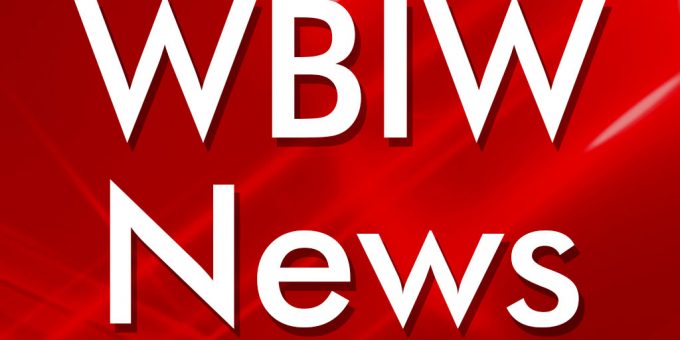
(INDIANAPOLIS) – On May 7th, the Consumer Financial Protection Bureau (CFPB) released a proposed debt collection rule which provides numerous gifts to debt collectors with limited new protections for Hoosier consumers.
“Debt collection practices top the list of reasons Hoosiers complain to the Consumer Financial Protection Bureau, so we hoped to see some strong protections against harassment and other abusive practices,” said Erin Macey, Senior Policy Analyst at Indiana Institute for Working Families. “Instead, under this proposed rule, collectors would be free to harass borrowers in new ways.”
“Seven calls per debt, per week is simply too many, especially when combined with unlimited emails and texts,” said April Kuehnhoff, an attorney at the National Consumer Law Center who focuses on debt collection. “A student with eight loans could receive 56 calls per week. The proposed rule would also allow for critical notice to consumers to be provided by email or text message without a consumer’s consent as required by federal law.”
“Debt collectors could leave messages on voicemail that may not be private,” added Kuehnhoff. “And protections from time-barred “zombie” debts would be limited to prohibiting lawsuits and threats of suits on such debts, meaning that the consumer will face continued collection attempts out of court.
Contact with a debt collector is a common experience for Americans. In 2017, 71 million Americans had a debt in collection reported on their credit reports. In Indiana, approximately one in three Hoosiers has a debt in collection.
As noted in the Institute’s 2018 policy brief on debt collection, thousands of Hoosiers have complained about debt collection to both the CFPB and FTC, with the top complaints about ‘continued attempts to collect a debt not owed’ and ‘communication tactics.’ The public will have 90 days to submit comments on the proposed rule after it is published in the Federal Register.
Recommendations to Strengthen the Rule and Rein in Abuses
- Stop telephone harassment by limiting collectors to one conversation per week (with up to three attempted calls per collector).
- Only permit e-mail and text communications after a consumer has affirmatively opted-in to this method of communication, especially for the delivery of critical disclosures.
- Protect consumer privacy by not exempting any collector contacts from the Fair Debt Collection Practices Act and clarifying that collectors cannot leave messages with employers, friends, or neighbors.
- Stop collection of zombie debt by prohibiting collection, both in and out of court, of time-barred debt that is too old to be legally sued on.
The Indiana Institute for Working Families – a program of the Indiana Community Action Association (INCAA) – conducts research and promotes public policies to help Hoosier families achieve and maintain economic self-sufficiency. The Institute is the only statewide program in Indiana that combines research and policy analysis on federal and state legislation, public policies, and programs impacting low-income working families. The Institute achieves its work through advocacy and education, and through national, statewide, and community partnerships. The Institute was founded in 2004.
Since 1969, the nonprofit National Consumer Law Center® (NCLC®) has worked for consumer justice and economic security for low-income and other disadvantaged people, including older adults, in the U.S. through its expertise in policy analysis and advocacy, publications, litigation, expert witness services, and training. www.nclc.org
For more information on NCLC’s extensive body of work on fair debt collection, see https://www.nclc.org/issues/debt-collection.html and CFPB debt collection rulemaking: https://www.nclc.org/issues/debt-collection-rulemaking-at-the-cfpb.html
Related Resources
- NCLC report: Consumer Complaints about Debt Collection: Analysis of Unpublished Data from the FTC and National, State, and D.C. fact sheets, February 2019
- CFPB Fair Debt Collection Practices Act Annual Report, March 2019
- CFPB’s Study of Third-Party Debt Collection Operations, July 2016
- CFPB’s Advance Notice of Rulemaking re: Debt Collection, November 12, 2013
- FTC’s report on the Structures and Practices of the Debt Buying Industry, January 2013



